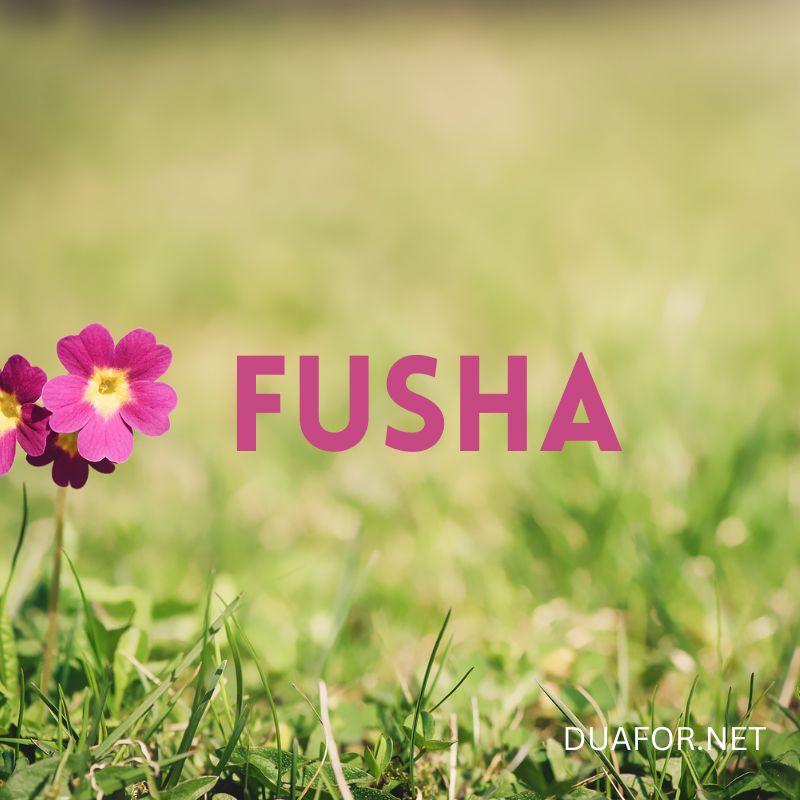Fusha arabic
Fusha arabic: Arabic is a pillar of culture, history, and tradition in the mosaic of languages that enrich our world. Central to its linguistic landscape is “Fusha,” or Modern Standard Arabic (MSA), a cornerstone of communication, literature, and identity across the Arab world. , we delve into the essence of Fusha, exploring its significance, evolution, and enduring relevance in a rapidly changing global landscape.

Understanding Fusha arabic
Modern Standard Arabic, often referred to simply as Fusha, is the standardized form of the Arabic language. Rooted in Classical Arabic, the language of the Quran and ancient texts, Fusha has evolved into a contemporary linguistic framework that serves as a common denominator across diverse Arabic-speaking communities. Unlike regional dialects, which vary significantly from one locale to another, Fusha remains consistent in grammar, vocabulary, and syntax, enabling effective communication and fostering cultural unity.
Significance of Fusha
The importance of Fusha transcends its role as a mere linguistic tool; it embodies the rich tapestry of Arab heritage and identity. From literature and media to education and governance, Fusha is the language of formal discourse, lending gravitas and universality to written and spoken communication. Its prevalence in academic settings facilitates intellectual exchange and scholarly pursuits, while its prominence in media ensures the dissemination of information and ideas to a wide audience. Moreover, Fusha is a linguistic bridge, enabling cross-cultural dialogue and understanding within the Arab world and beyond.
Evolution of Fusha
While deeply rooted in tradition, Fusha has not remained static; it has evolved over centuries, adapting to the changing needs of society and the influences of globalization. Modern innovations, technological advancements, and interactions with other languages have enriched Fusha, infusing it with new vocabulary and expressions while preserving its core integrity. Despite this evolution, efforts to maintain the purity of Fusha persist, ensuring its continuity as a vehicle of cultural heritage and intellectual discourse.
Relevance in the Digital Age
In an era dominated by digital communication and globalization, the relevance of Fusha still needs to be improved. As Arabic-speaking populations increasingly engage with online platforms, Fusha is the language of choice for formal communication, academic research, and professional discourse. Websites, publications, and educational materials in Fusha cater to a global audience, facilitating worldwide access to knowledge and information for Arabic speakers. Moreover, the standardization of Fusha enhances search engine optimization (SEO), enabling content creators to reach a wider audience and maximize visibility in Arabic-speaking markets.
Finale
Fusha stands as a beacon of unity, heritage, and cultural identity in the intricate mosaic of Arabic languages. Rooted in tradition yet adaptable to modernity, Fusha plays a vital role in shaping discourse, fostering understanding, and preserving the rich tapestry of Arab civilization. As we navigate the complexities of a rapidly changing world, let us cherish and celebrate Fusha’s timeless elegance and enduring relevance, the cornerstone of Arabic linguistic heritage.
